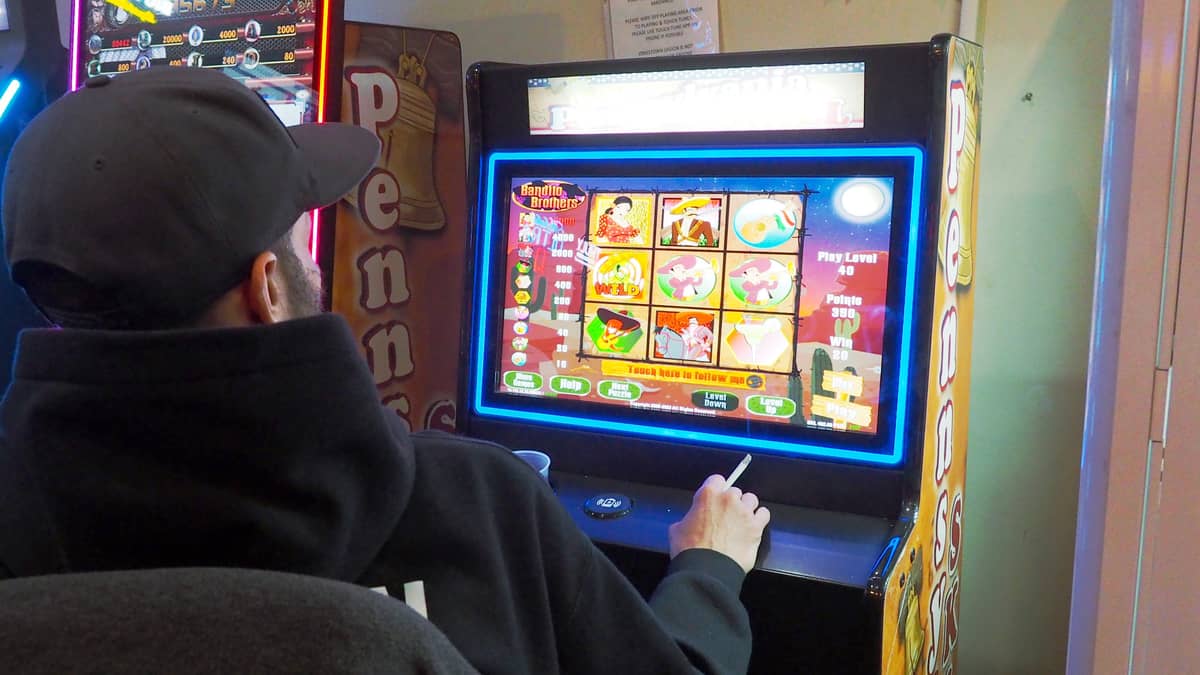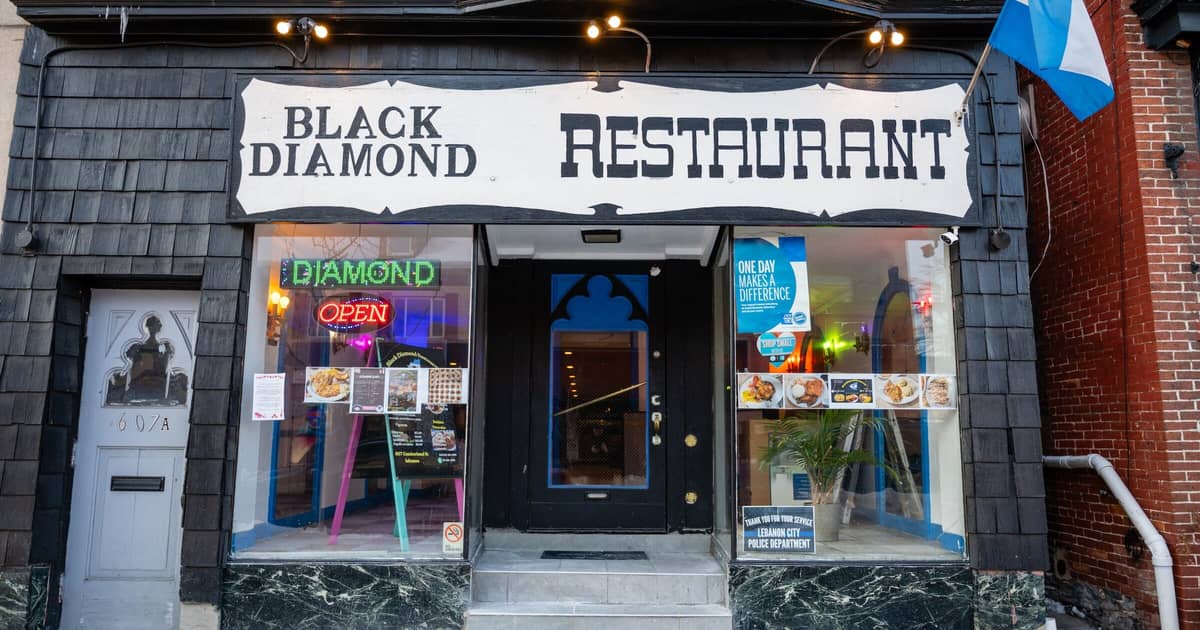This article is shared with LebTown by content partner Spotlight PA.
By Jordan Wolman for Spotlight PA
Spotlight PA is an independent, nonpartisan newsroom powered by The Philadelphia Inquirer in partnership with the Pittsburgh Post-Gazette and PennLive/Patriot-News. Sign up for our free weekly newsletter.
HARRISBURG — Mike Consevage came home from work the Friday before the long Memorial Day weekend to find two unemployment checks sitting on his kitchen table with his mail.
Consevage, a Harrisburg-based pediatric cardiologist for the University of Pittsburgh Medical Center, immediately knew something was wrong:
He is employed and never filed for unemployment.
“I said, ‘This had to be a mistake,’” Consevage said in an interview. “So I called my business manager and said, ‘Hey, what’s going on?’ [The business manager] said, ‘That’s funny, another physician had just gotten a similar set of checks.’”
Consevage appears to be the victim of an elaborate, multi-state scheme to steal people’s identities, fraudulently file for unemployment programs, and then route the money to their own bank accounts, intercept paper checks, or deceive unknowing recipients into turning them over.
Click here to donate to Spotlight PA
According to state and federal authorities, the perpetrators are targeting Pandemic Unemployment Assistance, which offers benefits to individuals who would not normally be eligible for unemployment, but have had their livelihoods impacted by the coronavirus.
State unemployment officials first warned of the scheme in a news release May 22, but said that at that time, they had not detected any activity in Pennsylvania. That changed over the holiday weekend, said Jerry Oleksiak, the secretary of labor, in a call with reporters this week.
Oleksiak declined to disclose how many erroneous payments were issued, or the amount of unemployment money sent out as part of the fraud.
But new numbers obtained by Spotlight PA show the extent to which scammers were apparently able to deceive the state in a matter of days. An estimated 53,000 to 58,000 people have been affected, according to Rep. Patrick Harkins (D., Erie), the ranking member on the House Labor and Industry Committee who was briefed by the state labor department.
“It’s disgusting, going after the most vulnerable population right now,” Harkins said.
The scam is particularly outrageous given the major hurdles so many people in Pennsylvania have faced filing legitimate claims. There have been nearly 2 million new unemployment claims in the Keystone State since March 15, and 300,000 are still awaiting a response, Oleksiak said. The department has paid out $6.2 billion in unemployment benefits since March 15, and made 330 new hires to handle the increase in claims brought by the pandemic, he said.
Pennsylvania’s unemployment rate in April stood at 15.1%, compared to 5.8% just a month prior, according to the U.S. Bureau of Labor Statistics.
Oleksiak said Pennsylvanians should watch their credit ratings and remain vigilant about their personal information, as they may not know their identity was stolen. He also cautioned that cashing an unemployment check you didn’t apply for is fraud and repayment will be required.
Oleksiak did not comment on who was behind the scam, but said the state system wasn’t breached and none of the state’s data was compromised. Rather, the scammers apparently use data stolen from other sites in order to make it appear as though they are filing legitimate claims.
The state Treasury Department on Thursday announced that payments for Pandemic Unemployment Assistance would no longer be made by direct deposit, and instead would only be issued by check to the claimants home address on file in response to the scam.
The department said the change would last up to two weeks, while the Department of Labor and Industry works to implement new safeguards to enable the resumption of electronic deposits.
Washington appears to be one of the hardest hit states by the scheme. The Seattle Times reported the fraud forced the state to suspend unemployment payments for two days while the state’s Employment Security Department sifted through a surge of fraudulent unemployment claims.
There is also evidence of unemployment fraud in North Carolina, Oklahoma, Wyoming, Massachusetts, Rhode Island, and Florida, a Secret Service memo said. The Secret Service estimates losses in the hundreds of millions. Banks at all levels — local, credit unions, and national banks — have all been targeted.
The Secret Service has eyed a “well-organized” Nigerian fraud ring “exploiting” the COVID-19 crisis to commit large-scale fraud on state unemployment programs, according to the memo seen by Spotlight PA. An ongoing investigation has been launched to stop the fraudsters and recover the lost money. The Secret Service is one of the agencies involved in the investigation.
“Criminals will use stolen personally identifiable information to file fraudulent state unemployment claims,” according to a Secret Service spokesperson. “Crooks will then use social engineering techniques to recruit unsuspecting individuals to launder illicitly obtained funds in order to conceal the identity, source and destination.”
The fraudsters are going after first responders, school employees, and government personnel, according to the Secret Service.
Consevage said six UPMC physicians have been mailed unemployment checks they didn’t request. A spokesperson for the health system said “UPMC has become aware of a very small number of affected employees” and is offering assistance.
And at least one lawmaker was targeted.
Rep. Sheryl Delozier (R., Cumberland) tweeted that she received fraudulent unemployment checks made out to her for $7,000 despite never filing for unemployment. She said her office is getting calls regarding similar cases while valid claimants still await benefits.
Consevage said he received a voicemail a few days later from an unknown number telling him it was not a solicitation call and to call the number back and mail the check to a certain address. Consevage said he deleted the voicemail right away. He has since learned the fraudsters were trying to get the check sent via electronic transfer to a small bank in Attica, Ohio.
Meanwhile, amid a global pandemic, he and thousands of others like him are left with the added task of sorting through identity theft and dealing with audit departments.
“This is taking away time from them to get checks out to people who really need them, that’s the whole sad thing about it,” Consevage said. “People who really need it aren’t getting it and then this whole thing is going to cost states hundreds of millions of dollars.”
100% ESSENTIAL: Spotlight PA relies on funding from foundations and readers like you who are committed to accountability journalism that gets results. If you value this reporting, please give a gift today at spotlightpa.org/donate.
Read all of LebTown’s COVID-19 coverage here.
Is there a story you think LebTown should report? Let our newsroom know using the form below.
Help us provide journalism Lebanon County needs.
If you are thankful for LebTown, consider joining as a member. Members get an inside look at our publishing schedule each week, plus invites to a members-only Facebook group and happy hours.
Learn more and join now here.
Subscribe to our newsletter for updates each weekday at 3 p.m.























